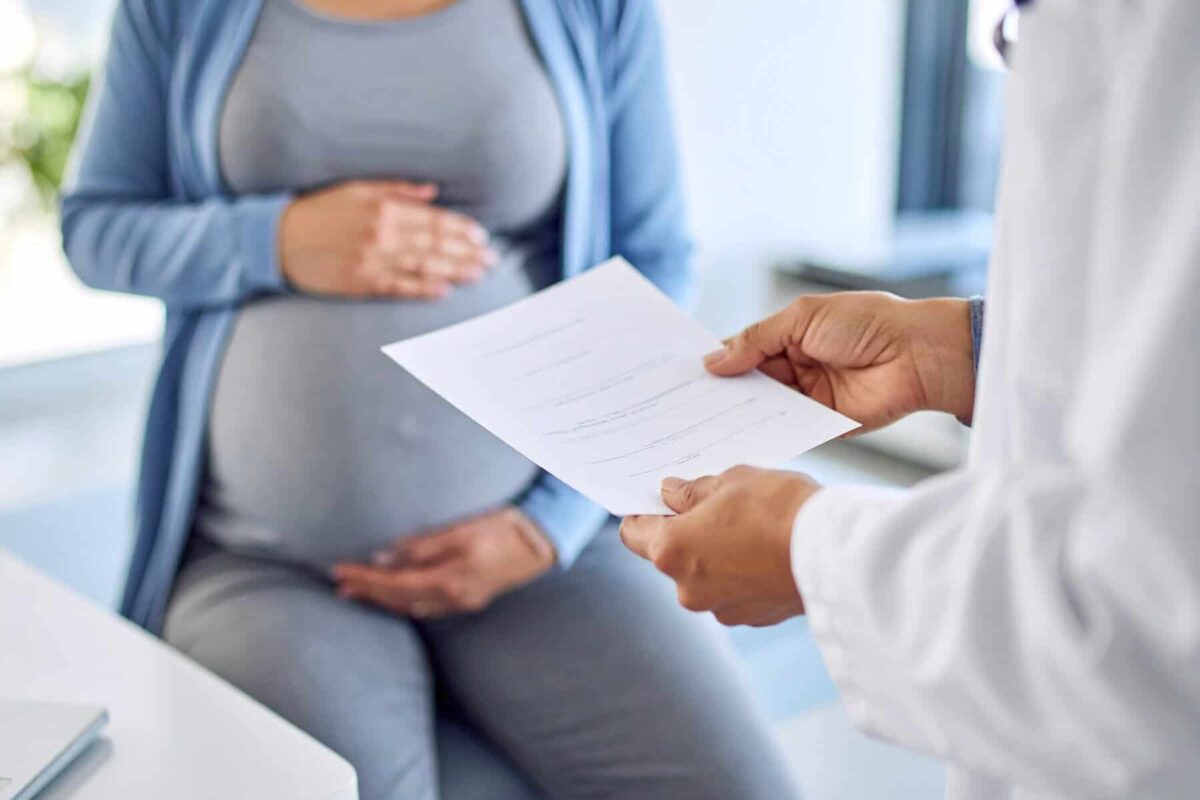Why Inflammation and Adiposity Matter More Than You Think
Iron deficiency (ID) is one of the most common nutritional challenges during pregnancy, and its consequences can be serious. From postpartum hemorrhage and preterm birth to impaired infant neurodevelopment, the risks are well-documented.
But new research published in The Journal of Nutrition reveals a deeper layer to the story: maternal adiposity and inflammation may significantly increase the risk of iron deficiency, even when daily iron supplementation is provided.
The Study: Iron Status in Pregnant Women with Varying Body Composition
In a secondary analysis of a randomized controlled trial involving 125 pregnant women, researchers examined iron status across three groups: normal weight, overweight, and obese. All participants received a multivitamin containing 17 mg of elemental iron daily.
Despite supplementation, 40% of women developed iron deficiency by the third trimester, with the highest prevalence among those with obesity (50%). The study found:
Lower ferritin and transferrin saturation (TSAT) in women with obesity throughout pregnancy
Higher levels of proinflammatory cytokines (CRP, IL-6, IL-1β) in the first and second trimesters among women with obesity
A more pronounced decline in hemoglobin in overweight and obese women compared to those with normal weight
Soluble transferrin receptor (sTfR) emerged as the most accurate early predictor of late-pregnancy iron deficiency

Why Inflammation Disrupts Iron Metabolism
Obesity is associated with chronic low-grade inflammation, which can interfere with iron absorption and utilization. Elevated cytokines like IL-6 and TNF-α may stimulate hepcidin production, a hormone that blocks iron absorption and release. This inflammatory environment can mask iron deficiency in routine blood tests, making early detection more difficult.
The study suggests that iron deficiency in women with obesity may begin before pregnancy, and worsens as iron demands increase during gestation.

Rethinking Iron Supplementation in Prenatal Care
The findings challenge the adequacy of current prenatal iron recommendations. The standard 17 mg/day provided in many multivitamins may not be sufficient, especially for women with higher adiposity and inflammation.
The Path Forward: Personalized Nutrition for Pregnancy
This study underscores the need for:
- Early screening using markers like sTfR, especially in women with overweight or obesity
- Personalized iron supplementation based on body composition and inflammation status
- Updated dietary guidelines that reflect the increased iron demands of pregnancy
Want to understand the science driving these recommendations?
Click below to explore the full study and see how these findings could shape future nutritional guidance.




